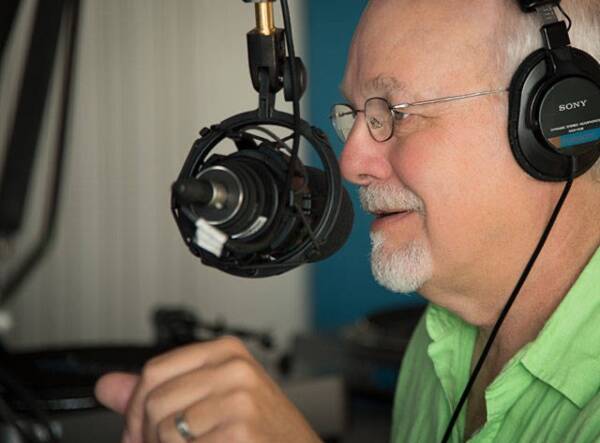Finally broke it off with my catheter last week.
Yeah, I know. It was just as painful as it sounds. Had to be done, though; I just couldn’t go through life joined near the hip like that. It was a deeply co-dependent, sometimes agonizing whirlwind of intimacy. I’m sure we looked ridiculous together. I noticed the double-takes whenever we were out in public. Anyone paying attention could see that we were ultimately headed in different directions.
But that’s how it goes with rebound relationships. Only hours before I met the catheter, my prostate and I had parted ways. Grade 3 cancer had moved in with us, and even though I tried to live with it, I eventually had to cut them both out of my life. I feel kind of like a mafia thug who just ordered a hit on his own body parts: “Listen, doc. Make these two disappear. Do it quietly, and don’t leave any traces of your handiwork at the scene. Ya take my meaning?”
Along this absurd journey, several friends pointed out that “at least your sense of humor is still intact.” This puzzles me. Isn’t a sense of humor embedded code? Isn’t it like any other sense, going on high alert when you need it most?
Before the surgery I texted my friend Scott that losing my prostate will hopefully have me peeing like a 12-year-old again. “No urinal will be safe,” I said. “I’ll be like a human pressure washer.” Scott texted back: “I’ll let you know when it’s time to re-do our decks.”
Exchanges like that, at times like these, are like oxygen to me.
Of course, I was lucky. I drew the Cancer-You-Wanna-Get-If -You’re-a-Guy-and-Gotta-Get-Cancer card. I’m not entirely sure I even qualify for “cancer survivor” status. It was caught early and I didn’t have to endure the ravages of chemo or even the ferry tickets of radiation. I’ve known or loved so many who traveled those roads—they’re the real cancer survivors. All I had to do was tell the doctor to make my prostate an offer it couldn’t refuse.
My experience with friends and family has been that when the Big C or any other serious illness makes the scene, our on-call sense of humor comes out to play. This has been true even for the ones who didn’t make it.
Take Will North.
Please.
Will was an islander and novelist who recently passed after a long struggle with a rare lymphoma. It repeatedly dragged him out behind the tool shed and kicked his ass. But even as Will fought on, getting sicker and weaker by the day, he never surrendered his wicked sense of humor. (“The cancer weight loss program! Very effective – not recommended!” he’d declare.)
I can still see him at the Burton Coffee Stand, propped up by a cane, his increasingly baggy shorts revealing legs reduced to twigs from multiple rounds of treatment.
“Flash quiz!” he said. “Which two of these three sticks are my actual legs? No cheating!”
Will regaled me with darkly hilarious tales that sustained his family during his sister’s battle with cancer. I answered with the story of my family spreading my father’s ashes in Cape Cod Bay. We opened his urn, each of us craning our necks to silently behold the box of light gray ash and tiny flecks of bone. Then my sister Ellen famously blurted: “Wait! That’s not my father!!!”
Let’s face it, any deep dive into the Medical Industrial Complex leads to one ridiculous indignity after another. If you can surrender to the absurdity of it all, there are jokes to be mined that can be a salve to those who love you and look to you for cues on how to feel about your prospects. More than a few people told me some version of: “Because you seem to be okay with this, I can choose to be okay with this.”
My therapist friend Loren calls dark humor a survival skill. I get that. Perhaps we go for laughs because we have no control over our situation, but choosing how to respond to that situation is a form of power. Human behavior expert Claire Brummell says, “Dark humor can be a way of trying to welcome in other emotions, like amusement or some sort of cheer, so we are no longer only battling with the more challenging emotions.”
You know, like…fear.
I understand that finding humor in malady or tragedy begs for the disclaimer “your mileage may vary.” Humor also chooses its moment, often without your consent. Sometimes you can only find the funny when whatever has befallen you has long receded into the rearview mirror.
Me? I always liked the cut of Oscar Wilde’s jib. Destitute and living in a cheap boarding house at the end of his life, he gazed up from his deathbed, took a final look around the room and checked out with, “Either that wallpaper goes or I do.”
Jeff Hoyt is a voice actor and writer. His Hoytus Interruptus podcast tells true stories from his life and can be found wherever you get your podcasts.



